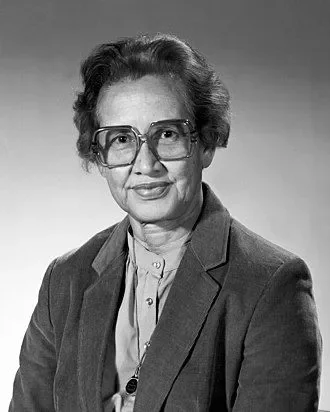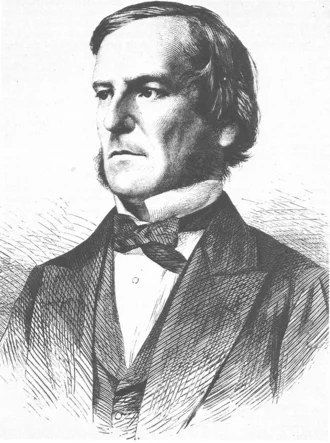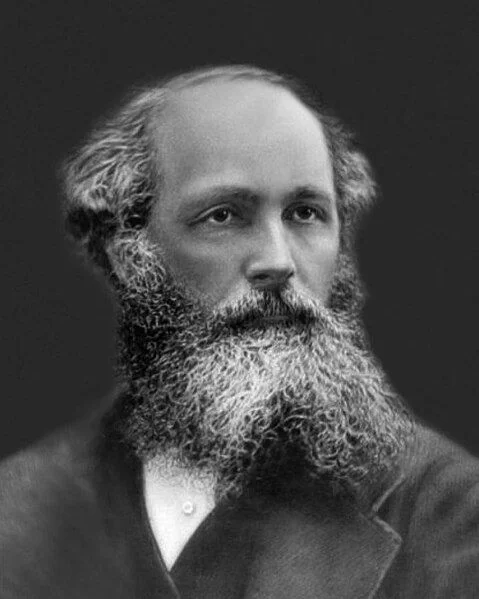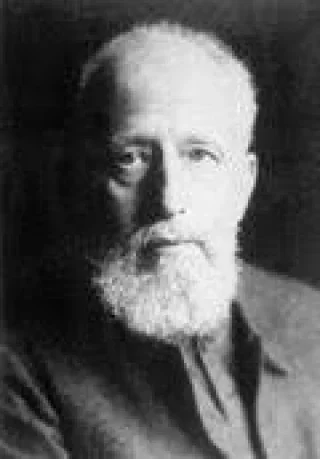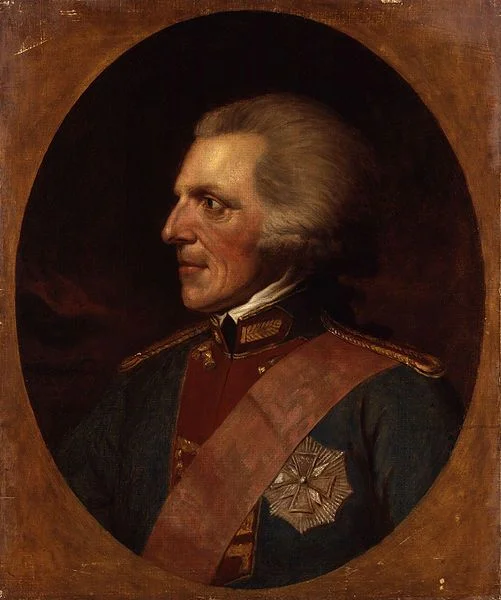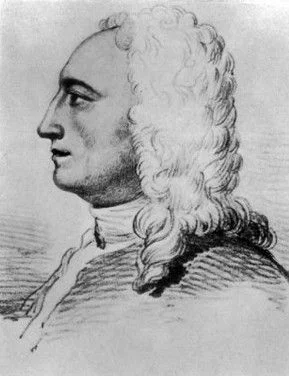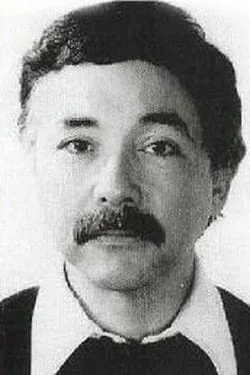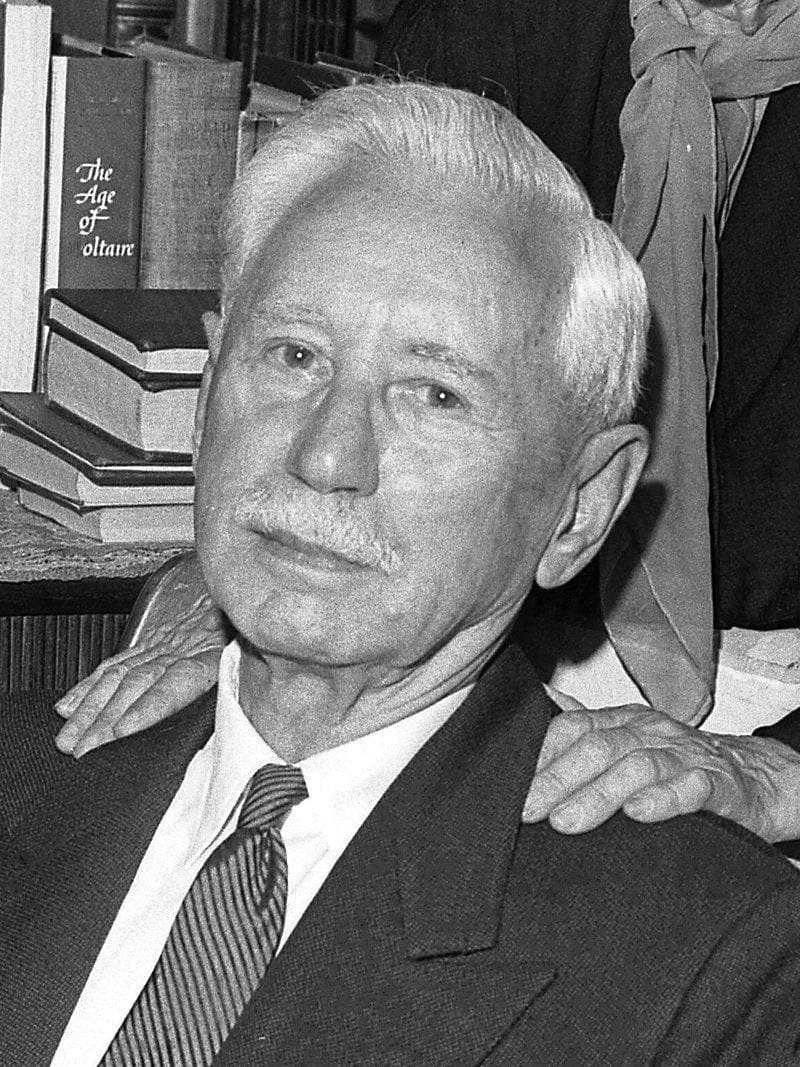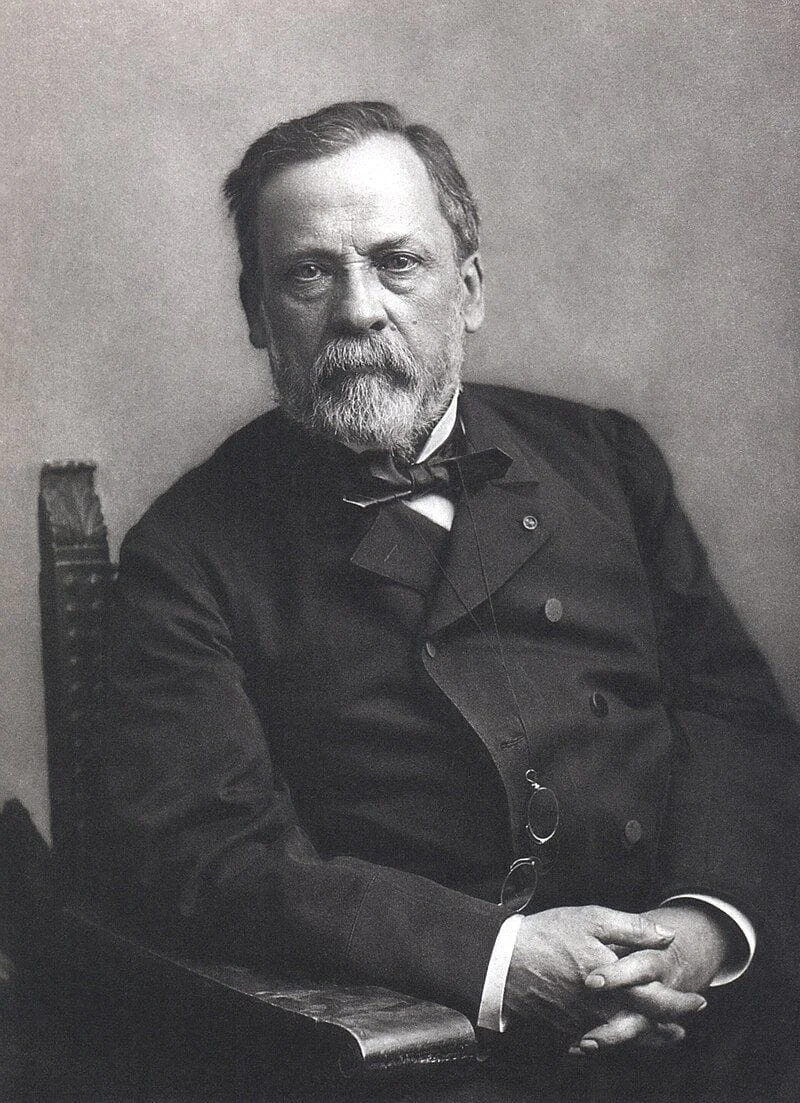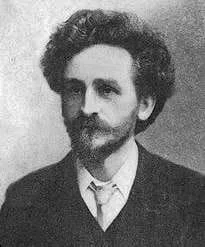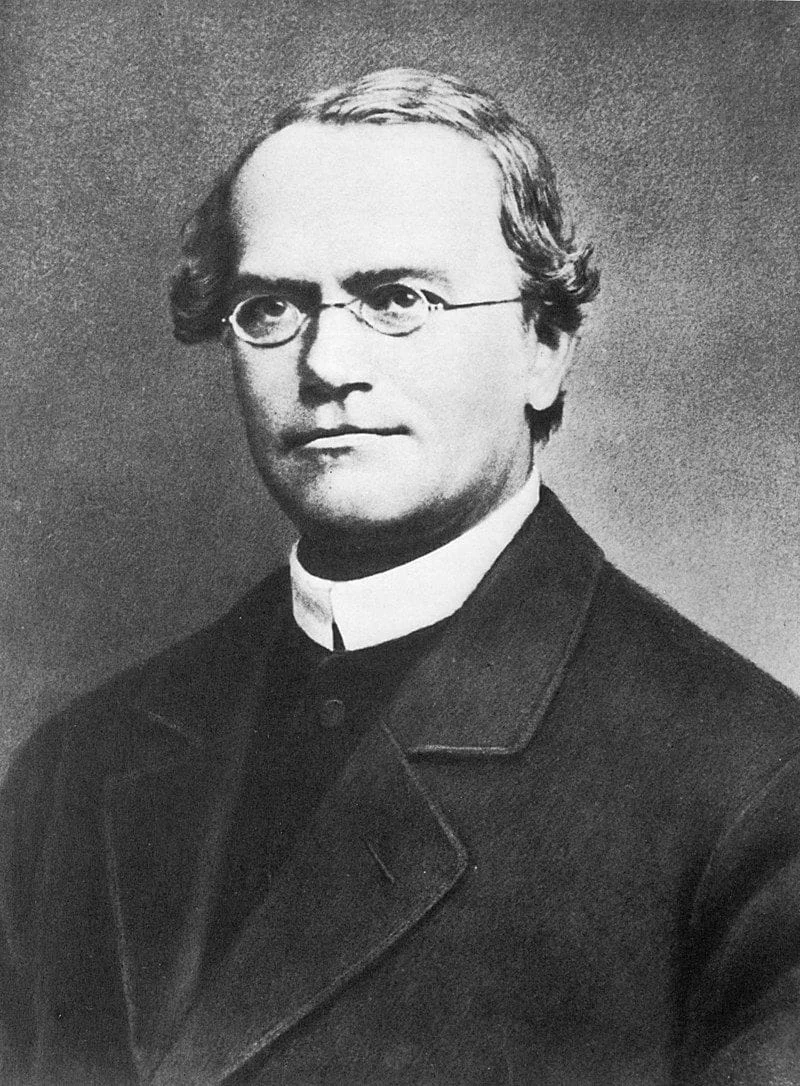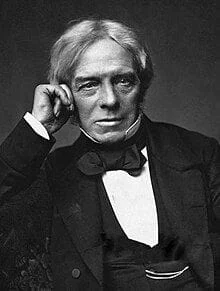Real Celebrities Never Die!
OR
Search For Past Celebrities Whose Birthday You Share
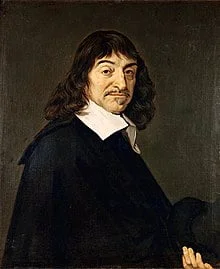
source:https://t1.gstatic.com
René Descartes
Birthday:
31 Mar, 1596
Date of Death:
11 Feb, 1650
Cause of death:
Pneumonia
Nationality:
French
Famous As:
Mathematician
Age at the time of death:
53
René Descartes's Quote's
Introduction to René Descartes
René Descartes was a French philosopher, scientist, and mathematician who is often referred to as one of the founders of Western philosophy. He is well known for laying the foundation of the scientific revolution and his contributions to philosophy, mathematics, and metaphysics.
Early Life and Education
René Descartes was born in La Haye, Touraine, France on 31 March 1596, to his mother, Jeanne Brochard, and Joachim his father who was a member of the Parliament of Brittany. After his mother’s death in 1597 and a period of ill health, Descartes entered the Jesuit Collège Royal Henry-Le-Grand in 1607. There he was exposed to various subjects like mathematics, physics, and Galileo’s work. Following his graduation in 1614, Descartes attended the University of Poitiers and studied law following his father’s wishes. However, he dropped out and abandoned formal education, embarking on a new chapter, traveling and interacting with people from various backgrounds, and reflecting on his experiences.
Military Career and Travels
In 1618, Descartes joined the Dutch States Army in Breda and participated in the formal studies of military engineering. During his military time, he served as the Catholic Duke Maximilian of Bavaria and participated in the battle of the White Mountain in 1620. In 1620, Descartes left the army and embarked on a period of travel, visiting various countries.
Philosophical Contributions
René Descartes was known for his method of systematic doubt. He declared, “I think, therefore I am,” or “Cogito, ergo sum” signifying his existence as a living being. Descartes proposed a dualistic philosophy, stating the distinction between the mind and the body as two separate elements. His discovery had a lasting impact on debates on philosophy and on the nature of consciousness.
Mathematical Innovations
Descartes made significant contributions to mathematics and introduced the use of coordinates to represent geometric shapes, laying the groundwork for algebraic geometry. Descartes revolutionized geometry by introducing Cartesian Geometry, opening new possibilities in the mathematical application. Descartes also made notable contributions to algebra by developing a method for solving polynomial equations.
Major Works and Publications
In 1644, he introduced “The Principles of Philosophy” which combined physics and metaphysics and was dedicated to Princess Elizabeth. He also proposed the pineal gland as the point where the mind and body interact and emotions emerge. Later in his work “Passions of the Soul” in 1649, he stated that most bodily actions are regulated by external factors. Descartes contributed to the development of mechanical physics by viewing the world as a mechanical system. His perspective had a lasting impact on the scientific revolution. Descartes also made contributions in the field of optics where he explored light, its behavior, and reflection.
During his career, Descartes wrote multiple works and essays including “Discourse on the Method”, “Meditations on First Philosophy”, “Principles of Philosophy”, “Geometry”, and “La Géométrie”. Descartes is considered one of the founders of rationalism. His focus on doubt, reason, and clear and distinct ideas had a lasting impact on later philosophers. His work, namely “The Passions of the Soul”, was written by the motivation of Queen Christina of Sweden, while Descartes was living there.
Death and Legacy
On February 11, 1650, Descartes passed away due to pneumonia at the house of French ambassador Mr. Chanut in Stockholm, Sweden at the age of 53. He had been ill and he refused medical treatment despite being bled three times a day. There were also controversies about his death such as hints of poisoning by a Catholic missionary. Despite the controversies, his death was marked as the end of a great career in mathematics, physics, and philosophy. His contributions to these fields have had a lasting impact on philosophers, mathematicians, and physicists.
Name:
René Descartes
Popular Name:
René Descartes
Gender:
Male
Cause of Death:
Pneumonia
Spouse:
Place of Birth:
La Haye en Touraine, Touraine, Kingdom of France (now Descartes, Indre-et-Loire)
Place of Death:
Stockholm, Swedish Empire
Occupation / Profession:
Personality Type
Logistician: Practical and fact-minded individuals, whose reliability cannot be doubted. He had a strong logical thinking ability.
Although it never interested him, Descartes was a licensed lawyer.
Because of his poor health, Descartes was allowed to sleep for an extra five hours at his school.
Descartes loved to dress up in fancy clothes. He was rarely caught in any casual clothing!
He first used algebraic formulas to describe geometric figures .
His work was the foundation of the Cartesian coordinate system. He is known as the “Father of Modern Philosophy.”
invented analytical geometry and introduced skepticism as an essential part of the scientific method.



